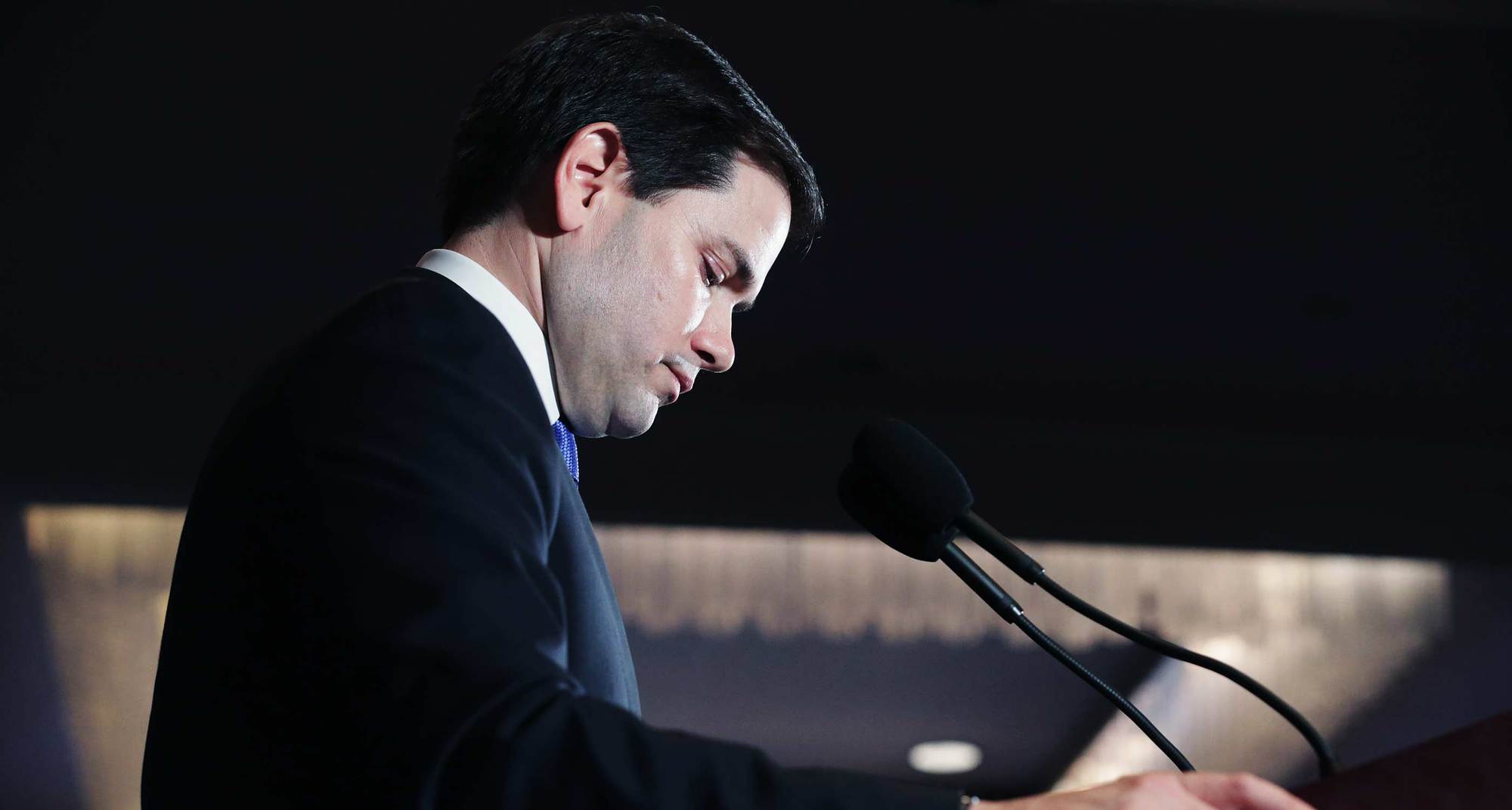One of the advantages of the American presidential campaign system is that it puts the candidates under intense and sustained pressure, providing voters with an insight into character and the likely quality of their judgement. Even though the selection process does not always work, it works a lot of the time. That pressure is what finally did for John McCain in 2008, when he was up against Barack Obama. While McCain is an American hero and a patriot, the decisions he took at critical moments revealed him to be simply not cut out for his country’s highest office.
First, needing a running mate to pep up his campaign, he was prepared to take a gamble with the West’s future by choosing Sarah Palin, a calamitous choice. Then, when the financial crisis hit properly, he suspended his campaign and demanded a summit in the Oval Office with President Bush and Obama, who was far more cool, calm and collected throughout than McCain. In contrast, Obama didn’t suspend his campaign – memorably saying that a President should be able to focus on more than one thing at a time – and in the subsequent summit it became clear that McCain had called the meeting without an idea in his head on what to do about the financial crisis. McCain was found out by two basic bad judgment calls.
Those moments are most revealing because they are when the words of advisors are worthless and hired help cannot or should not be blamed. The spotlight is on the candidate who must say “yes”, “no”, or “that’s mad and I’m not doing it”. It is their choice and if they make the wrong call it can reveal their judgment to be duff.
Marco Rubio has just had a similar experience, and his judgment let him down in a spectacular manner that could prove to be extremely costly for his country as well as for him personally. In The Washington Post there’s a must read account today by Philip Rucker, Ed O’Keefe and Matea Gold, on how Rubio messed up his fightback against Trump and appalled voters and donors with his attempts to poke fun. You can never out-Trump Trump. The tycoon is an appallingly vulgar individual, yet Rubio lowered himself to talking about the size of his rival’s hands and worse.
Rubio’s benefactors were aghast to see their candidate practicing Trump’s gutter politics. “Everyone went, ‘What?. . . Why are you going down to that level?’ ” recalled one fundraiser, who spoke on the condition of anonymity to talk candidly.
“You might as well support Trump.” Looking back, Rubio’s supporters see these fateful days as central to his unraveling. A strategy designed to get under Trump’s skin and force him on the defensive instead backfired on Rubio, diminishing the 44-year-old senator who had spent years trying to demonstrate presidential gravitas. At rally after rally, Rubio was unintentionally personifying the caricature that Trump was perpetually drawing of him: Little Marco.
The candidate had an earlier such spotlight moment in February. With Stop Trump donor money flooding into his campaign in January and early February, there were high expectations. He didn’t rise to meet them and looked robotic, tired and nervous in the debate ahead of New Hampshire. That left him needing to hit back hard. But rather than maintaining gravitas and going with a serious look on his face for Trump’s unsuitability for office, he got down in the gutter and rolled around. In the votes since he has tanked, losing 18 out of the subsequent 20 contests. He polled a mere 5% in Michigan this week.
This avoidable implosion is – in my view – close to being a tragedy. Of the candidates who could have stopped this being a Trump v Hillary choice – between the devil and the deep blue sea – Rubio was by far the most appealing, but not to the voters it turns out. And in his misjudged approach to tackling Trump he may have unintentionally revealed that he is not the candidate his supporters thought he was.


